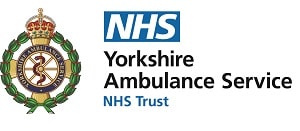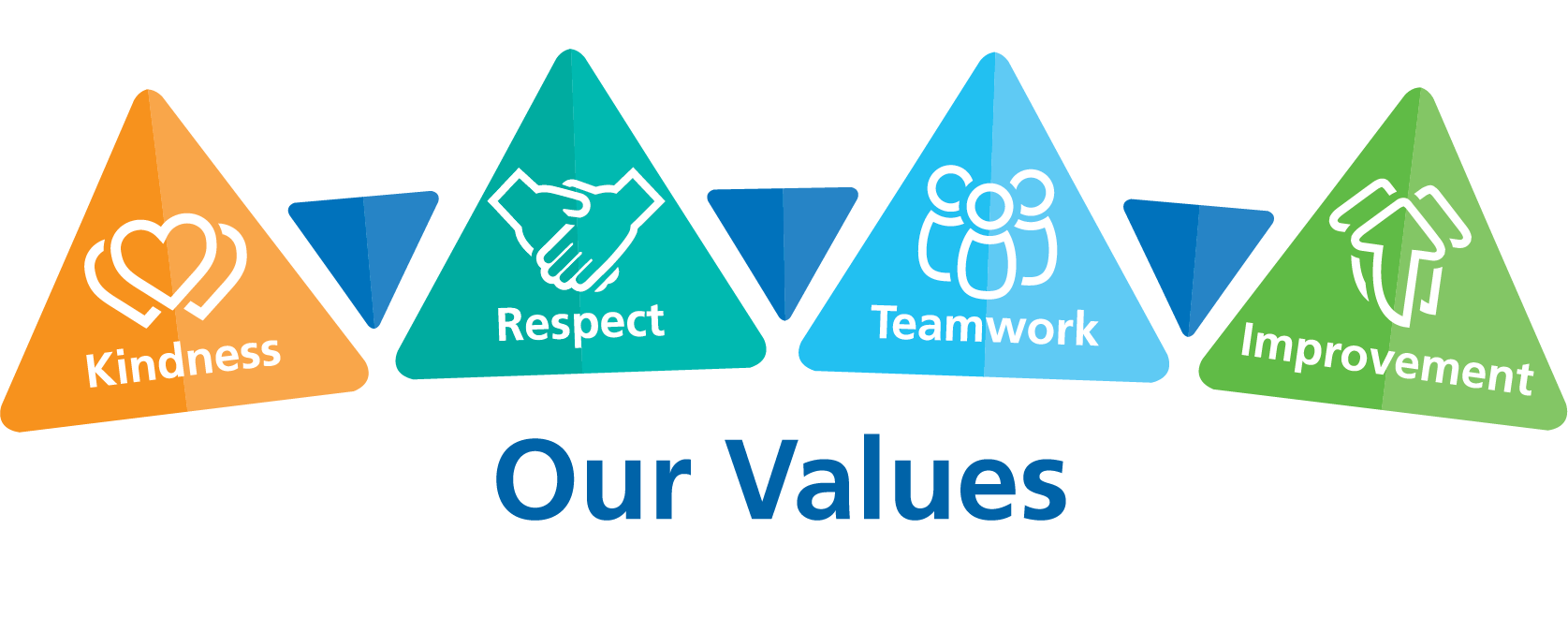Yorkshire Ambulance Service Promotes Falls Awareness Week
20 September 2019
Yorkshire Ambulance Service NHS Trust (YAS) receives an average of 236 emergency calls every day to help people who have fallen.
In the 12-month period up to 31 August, 86,095 emergency calls relating to falls had been received which accounted for 10% of the total call volume. While 52,357 patients (60.8%) were taken to hospital, 28,129 patients (32.7%) were dealt with on scene and 6.5% of calls required no further action.
68% of the falls patients were aged 65 or over and the peak-time for falls-related calls was a Saturday between 9am and 11am.
In addition, 8,162 calls were received by our NHS 111 service, 26% of which resulted in an ambulance being sent to the scene.
The figures have been released as part of Falls Awareness Week (23-29 September 2019) which aims emphasise the message that falls are preventable.
Eithne Cummins, GP and Integrated Urgent Care Clinical Director at Yorkshire Ambulance Service, explained that while patients who sustain an injury get the care they need on scene or in hospital, work is underway to ensure that patients who are not hurt are spared an unnecessary trip to A&E and receive help to prevent recurrences.
She said: “Falls form a large part of our workload and can happen for a variety of reasons, from frailty and on-going health problems to medication issues, poor mobility or environmental factors.
“We have an increasing elderly population and an increasing demand for our services. We recognise the importance of getting people who have fallen off the floor quickly, and the best way to do this isn’t always by an ambulance crew.”
YAS is working with clinical commissioning groups, local authorities and partner organisations in Sheffield, York, Hambleton, Richmondshire, Hull, Calderdale, East Riding and Wakefield.to support the development of falls response services. The intention is to roll out the model county-wide.
The services provide a response to elderly or vulnerable patients who have fallen and need non-emergency help to pick them up off the floor. Clinical support is always available from YAS when necessary.
We also refer our patients who are not injured after a fall (with their consent) to falls prevention teams so an assessment can be carried out to reduce the risk of further falls.
There are several simple measures that can help prevent falls in the home, such as:
- using non-slip mats in the bathroom
- mopping up spills to prevent wet, slippery floors
- ensuring all rooms, passages and staircases are well lit
- removing clutter
- getting help lifting or moving items that are heavy or difficult to lift.
Healthcare professionals take falls in older people very seriously because of the huge consequences they can have for the health and wellbeing of this group.
As a result, there's a great deal of help and support available for older people, and it's worth asking your GP about the various options.
Your GP may carry out some simple tests to check your balance. They can also review any medicines you're taking in case their side-effects may increase your risk of falling.
Your GP may also recommend:
- having a sight test if you're having problems with your vision, even if you already wear glasses
- having an ECG and checking your blood pressure while lying and standing
- requesting a home hazard assessment, where a healthcare professional visits your home to identify potential hazards and give advice
- doing exercises to improve your strength and balance. Advice is available on the NHS website at https://www.nhs.uk/live-well/exercise/physical-activity-guidelines-older-adults/
Produced by: Corporate Communications Department

